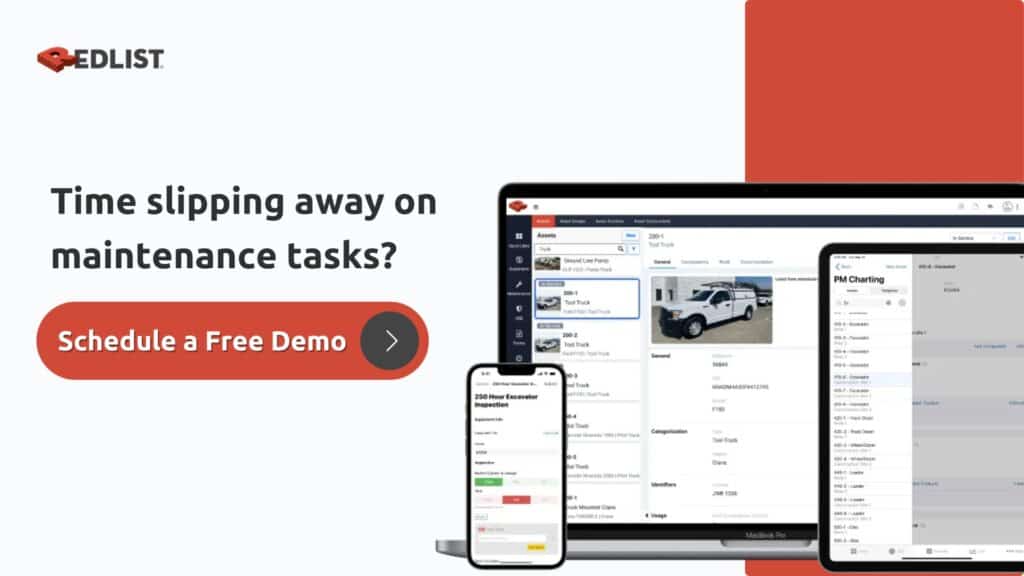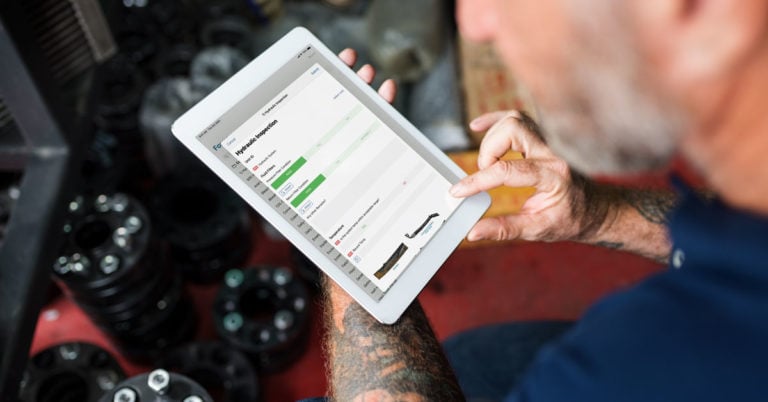A maintenance manager always has a lot on their plate. And how they deal with their workload results in the success or failure of the maintenance team. Thus, maintenance managers must master effective time management skills in dealing with their duties and responsibilities. This post provides essential time management tips that can be valuable for new and seasoned maintenance managers alike.
1. Evaluate Maintenance Tasks
Knowing your and your team’s workload is critical in assigning the time to accomplish them. With a definite set of tasks on hand, you can prioritize and organize these activities according to importance. Thus, you make it easier to allot the appropriate time for these tasks. Evaluating your and your team’s tasks also helps in identifying those that need to be improved or eliminated to provide more time for higher-priority tasks.
Evaluating maintenance tasks also helps you know your team better. Every member of a maintenance team, including managers, has the same amount of time to be spent at work. But everyone spends their time differently. Knowing your team means knowing how they spend their time at work and helping them manage their time as well as yours.
2. Start the Day Right
How your daily work starts will determine the success of any time management efforts. One of the easiest, and thus, often underrated, ways to start your day right is to begin early. It can be beneficial to go to your workplace at least half an hour before officially starting your work hours. By doing so, you have some undisturbed alone time to prepare yourself for the day. This extra time also provides you the opportunity to go over the tasks that were not done the day before and the tasks to do for the rest of the week.
Holding a daily meeting at the start of the day can also help you and your team members wrap your heads around your daily tasks. This is the best chance to briefly discuss your schedule for the day, make announcements or updates, and ask for critical feedback from your team members. Make sure, however, that these meetings don’t take too long or they’d take away hours that should be spent on essential maintenance work.
3. Practice Effective Prioritization
Prioritization of maintenance tasks is a complex skill that every manager must learn. Maintenance managers learn to prioritize their and their team’s maintenance tasks effectively only through time and hands-on experience. Through prioritization, you and your team will always have time for important tasks. If you run out of time for essential tasks, then you can analyze the actual cause, such as being short-staffed, underestimating the time needed for tasks, or having emergency maintenance needs come up.
Effective prioritization also relies heavily on in-depth asset maintenance knowledge and maintenance history. Every asset task has its level of criticality, and knowing which tasks are more critical than others lets you decide which tasks your team should do first. Notes on past maintenance tasks also help maintenance managers adjust and schedule tasks accordingly.
4. Improve Teamwork
At the end of the day, effective time management is still a product of strong teamwork. If team members work together and complement each other’s work ethic, they accomplish more in any given period. There is no perfect worker, after all, and each member has their individual strengths and weaknesses. Through improved teamwork, the team’s collective strength can be utilized to the fullest and the weaknesses minimized.
Better teamwork also means having a collaborative environment where members can help each other out and produce higher work quality in shorter amounts of time. Excellent teamwork also encourages team members to ask for help, improving communication, worker morale, and job satisfaction.
5. Set Specific Time Goals
Time management is all about specific time goals. General and complex tasks with vague time goals tend to intimidate workers, causing procrastination and resulting in low productivity. Maintenance managers and their teams have much better success in accomplishing tasks if they take general goals and split them into small and manageable tasks with specific timelines.
In addition, maintenance managers must never rely on their gut to measure time. Vague measures of time such as “a while back,” “for a few days,” etc., must be replaced with a definite time measure like the number of days, weeks, months, etc. This way, you eliminate errors of misinterpretation and ensure that you and your members are always on the same page.
6. Use Time-Saving Methods
There are several methods that maintenance managers can implement to save time in doing their maintenance tasks. These methods can be as simple as having timetables or as complex as using time-management tools. Whichever way you choose, you and your team still need to invest your time, effort, and company money in these methods. Therefore, maintenance managers need to ensure that these methods are used properly to provide the optimum benefits and return on their investment.
In addition, maintenance managers have to keep in mind that more money won’t buy more time. Any investment you make will not automatically fix your time-management problems or issues. No time-cutting equipment, tool, or software will magically create more time. Your job as a manager is to identify and address any poor time management areas within your team. You must also lead your team into investing the necessary time to learn and implement these tools properly.
CMMS for Time Management
One of the most valuable time-saving tools you can get for your maintenance team is CMMS or a computerized maintenance management system. A CMMS like Redlist is an all-in-one solution for your overworked team members, task backlogs, high asset downtime, and low reliability. Any maintenance team member who can use a mobile device can use this user-friendly and portable software.

With Redlist, you can create work schedules that your team members can access and view in real time. Any changes to the tasks and schedules are also quickly communicated to your team, preventing delays, errors, and unnecessary downtime. Thus, CMMS also allows users to communicate and collaborate on tasks, eliminating the need for time-consuming meetings. With its cloud-based storage, Redlist’s CMMS also allows you to store and organize maintenance records and files.
Thus, you can access and reference these records to help prioritize maintenance tasks and better manage your team’s workload. Finally, Redlist also helps you analyze your maintenance records into useful data, letting you know which tasks to modify or eliminate to improve your time management. To learn more about Redlist and its time management benefits, schedule a demo today!


